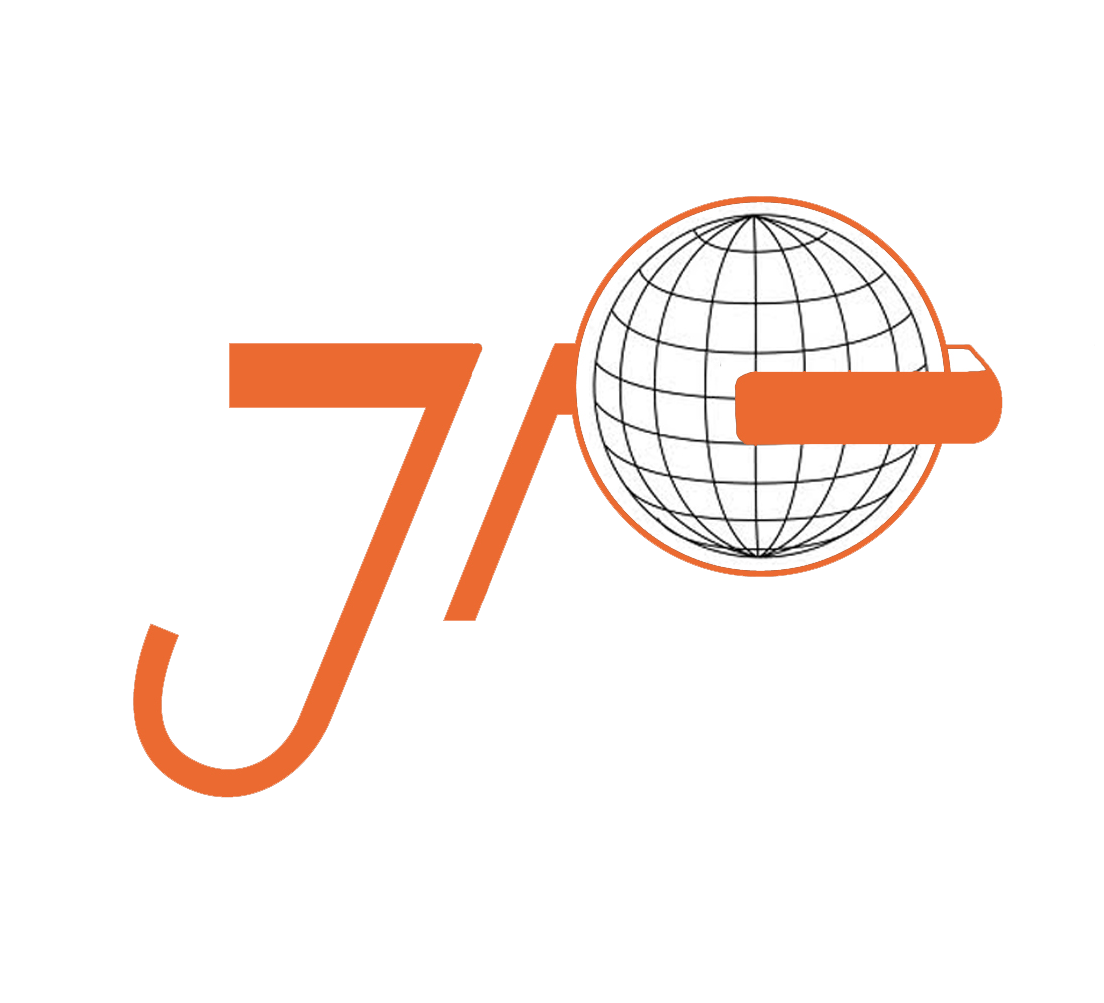Making French Mandatory
Since achieving it’s independence from the British in 1957, Ghana has had strong ties to the English language, and most of it’s citizens who’ve been through some level of formal education speak English alongside their regional language. However, Ghana’s president Nana Akufo-Addo is now actively campaigning for Ghanaians to also learn French and one day make it the country’s official second language.
Akufo-Addo descends from a Ghanaian political aristocracy with long ties to Britain and was partly educated in England from a young age, but he also speaks French fluently which has lead him to push for French to become a requirement for high school students and in a 2018 speech which was given entirely in French.
Akufo-Addo’s support for French comes as France’s president Emmanuel Macron is also making a soft power push to raise the status of French across Africa, starting with former French colonies. In March, he stated, “As France represents only a fraction of the active French speakers, the country knows the fate of French language is not its burden alone to carry.”
While it may be obvious that the push for French in Ghana has a lot to do with the president’s personal affinity for the language, there is good reason for increasing the number of Ghanaians who can speak French. All of Ghana’s immediate neighbors use French as their official language and in the wider Ecowas regional block, eight out of 15 member countries are Francophone. A “bilingual Ghana”, strategically positioned, could stand to benefit economically from ever closer ties with her neighbors.
In recent time, teen students in Ghana have had to take a French language exam as part of a national exam that allows students to progress to high school but has failed to translate into a considerable number of citizens being able to communicate in French fluently. There is also the social aspect that is tied in with the history of colonialism in Africa., However recently, the reservations have not been about French, but instead about Mandarin and China’s increasing economic and political influence as countries including Kenya, Uganda and South Africa are all introducing Mandarin into their schools’ curriculum.
Last, there is the issue of local languages being lost forever. It is estimated that at least a dozen Ghanaian languages have been lost over the past century and about a dozen more have less than 1,000 speakers. While almost a third of Ghana’s indigenous languages have less than 20,000 speakers and rapid urbanization and global influence may mean the languages risk extinction, it will be up to the keepers of these languages to document them to allow them to continue to flourish alongside whichever foreign language may be introduced to the formal schooling system.

